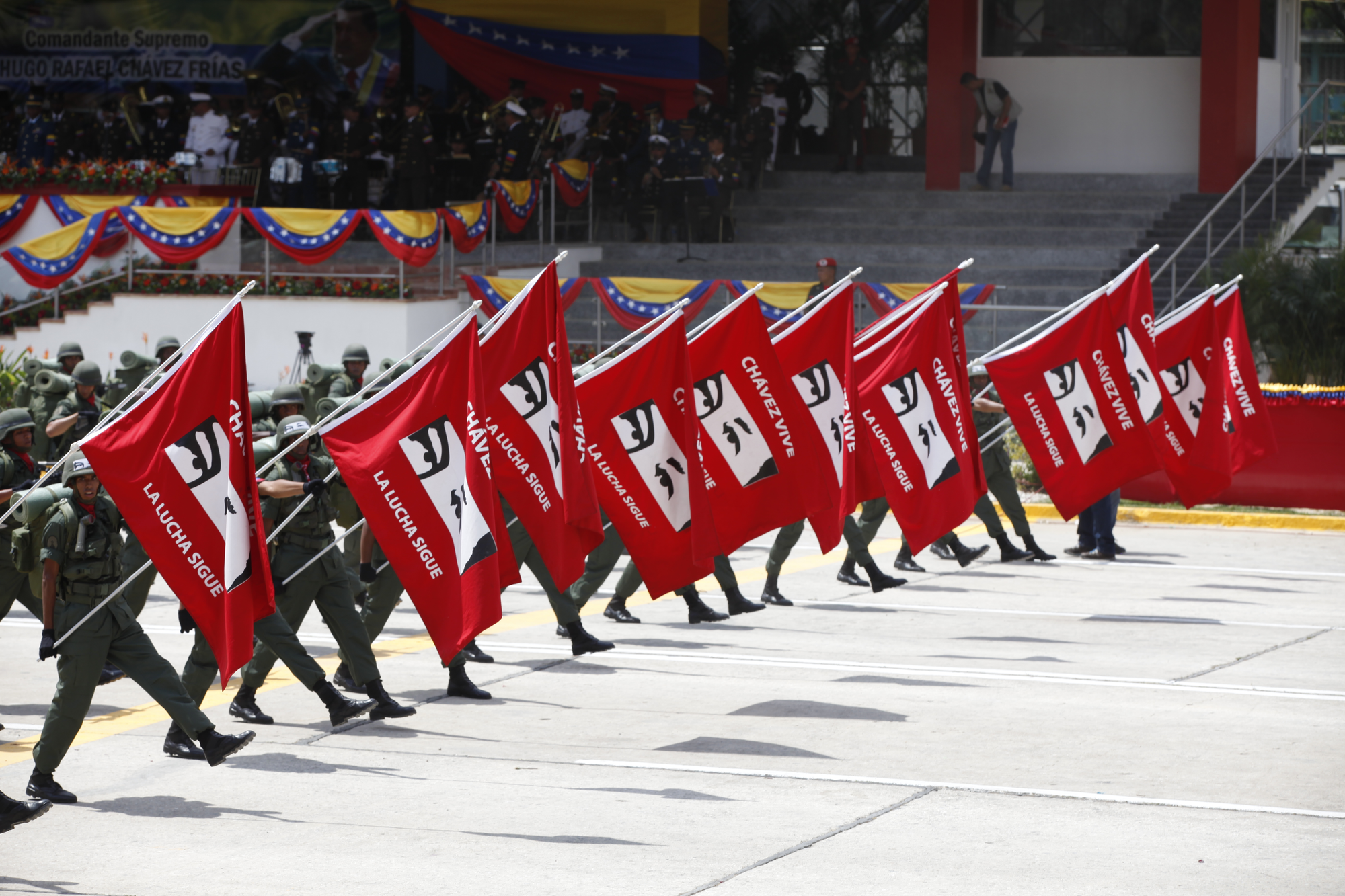In the wake of the 200th anniversary of the Monroe Doctrine, an international forum titled "Bolivar versus Monroe, against imperialism, fascism, and neocolonialism" was organized in Caracas, Venezuela. This gathering aimed to challenge the ongoing narrative of American dominance and to construct an alternative to the imperialist mandate.
The conference, facilitated by the Network in Defense of Humanity (REDH), convened intellectuals and politicians from various corners of the globe. The discussions revolved around the implications of the Monroe Doctrine in contemporary times and emphasized the ongoing struggle against US imperialism, with a particular spotlight on the global movement denouncing Israel's actions in Gaza.
Keynote speakers highlighted the conflicting legacies of the Bolivarian and Monroe doctrines. Venezuelan historian Pedro Calzadilla drew a clear distinction between these doctrines' origins, underscoring their differing visions for the continent over the last 200 years of history. While Bolivar advocated for integration, welfare, and emancipation, the Monroe Doctrine reflected the United States' geopolitical strategy of hegemony, expansion, and interference in the Americas.
Chilean mayor and communist Daniel Jadue contextualized both doctrines within the emergence of capitalism. The Monroe Doctrine represented a drive towards monopoly and supremacy, while Bolivar countered this with a call for unity and integration among South American nations.
The historical expansion of the United States, particularly its territorial acquisitions and the ideology of Manifest Destiny, underpinned the Monroe Doctrine's concept of absolute white American supremacy and the subjugation of "inferior" peoples.
Speakers at the forum, such as Salvadoran lawyer Nidia Díaz and Venezuelan historian Humberto González, outlined the numerous military interventions, coups, and dictatorships orchestrated by the United States across Latin America since 1823, showcasing more than 180 troop landings and over 34 direct military interventions.
The legacy of Hugo Chávez in challenging the Monroe Doctrine through Bolivarianism and anti-imperialism was also highlighted. Chávez's efforts, culminating in the rejection of the proposed ALCA (Free Trade Area of the Americas) in favor of the Bolivarian Alliance for the Peoples of Our America (ALBA), exemplified resistance against US dominance.
The declaration on Palestine underscored the need to sever ties with Israel as a form of rejection of genocide and called for greater solidarity with the Palestinian people. The forum concluded by emphasizing the changing world order and the need for resistance and structural change against capitalism.
In essence, the discussions and analyses at the Bolivar versus Monroe forum illuminated the contradictions between imperialist agendas and the pursuit of genuine unity, integration, and sovereignty for Latin American nations, highlighting the necessity for global solidarity in resisting capitalist and Western hegemony.

